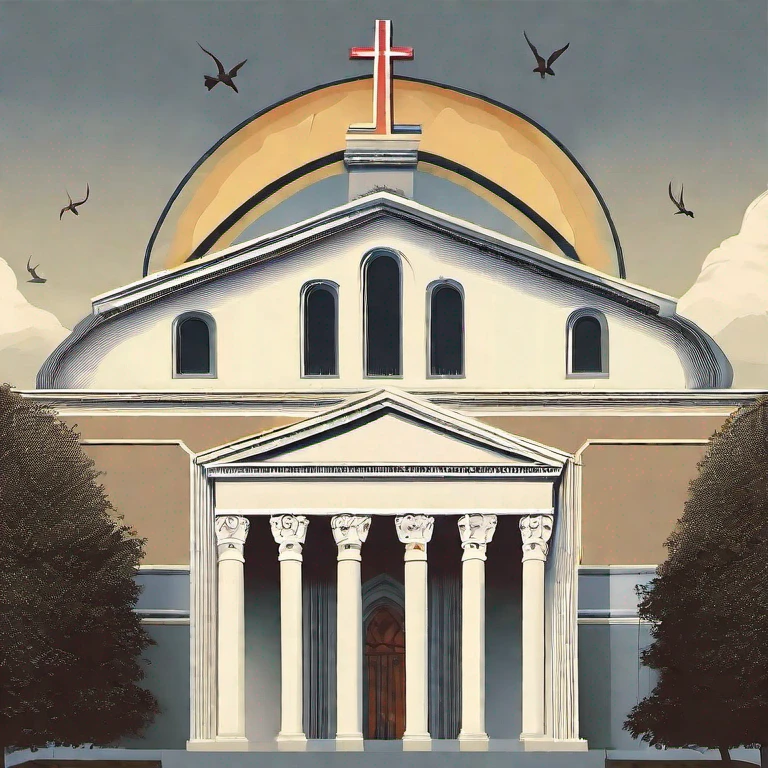The relationship between church and state has been a topic of great debate throughout history. While some argue for the separation of church and state in secular societies, others believe that the principles and values promoted by religious institutions should influence the functioning of the state. In this article, we will explore this debate, acknowledging both perspectives, but ultimately lean toward the notion that church and state should not be separated, drawing inspiration from the adage, “The Lord is our shepherd.”
Understanding Secular States
Secular states are characterized by the separation of religious institutions from the governing bodies. In these societies, the state remains neutral regarding matters of religion, providing equal rights and protection for people of different faiths or those who choose not to adhere to any religious beliefs.
Arguments for Separation
a) Diversity and Tolerance
Supporters of the separation of church and state argue that it fosters religious freedom and protects the rights of individuals to practice their faith without interference from the government or the influence of a dominant religious authority.
b) Fair Representation
Separation ensures that the state is not biased towards any particular religious group, allowing for fair representation of all citizens and preventing the domination of one religion over others in matters of policy and governance.
Arguments against Separation
a) Moral Foundation
For those who favor the involvement of religious principles in the state, the belief is that religious teachings provide a moral compass necessary for a just and orderly society. The principles and values derived from religious texts can help shape legislation and policies that promote social harmony and the wellbeing of citizens.
b) Shared Values and Tradition
Many argue that religious institutions have played a significant role in shaping the traditions and cultural values of a society. Separation may lead to a loss of these shared values and thus weaken the social fabric of a nation.
The Influence of Faith
Acknowledging the argument that church and state should not be separated, we recognize that religious principles can inspire individuals to contribute positively to society, upholding virtues such as compassion, service, and justice. The teachings of the Lord embody these virtues and can guide the governance of a state.
Balanced Approach
While it is important to uphold the freedom of individuals to practice their faith, we can recognize the positive aspects of religious influence in state affairs. This does not imply favoring a particular faith but rather recognizing the general moral and ethical teachings that can benefit society as a whole.
The Lord is our shepherd
In the debate surrounding the separation of church and state, it is crucial to consider the values and moral foundation that religious institutions offer. While secular states embrace diversity and tolerance, striking a balance between religious principles and governance can promote a more just and harmonious society. Drawing inspiration from the notion that “The Lord is our shepherd,” we encourage an inclusive approach that upholds shared values, respecting individual freedoms while seeking guidance in moral and ethical teachings.
